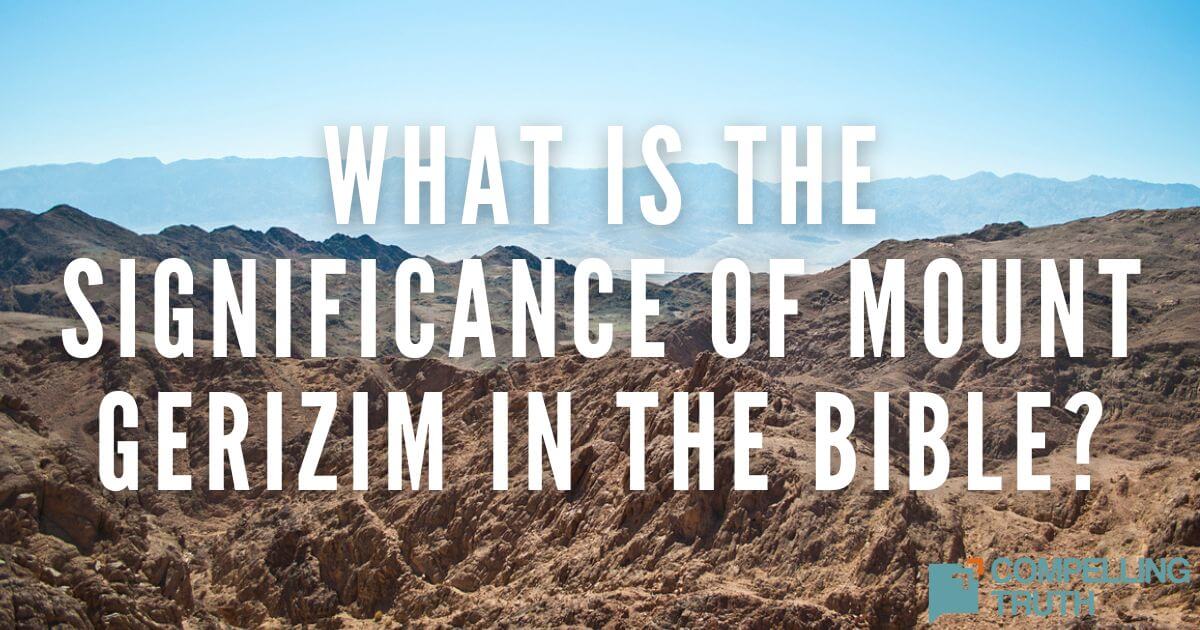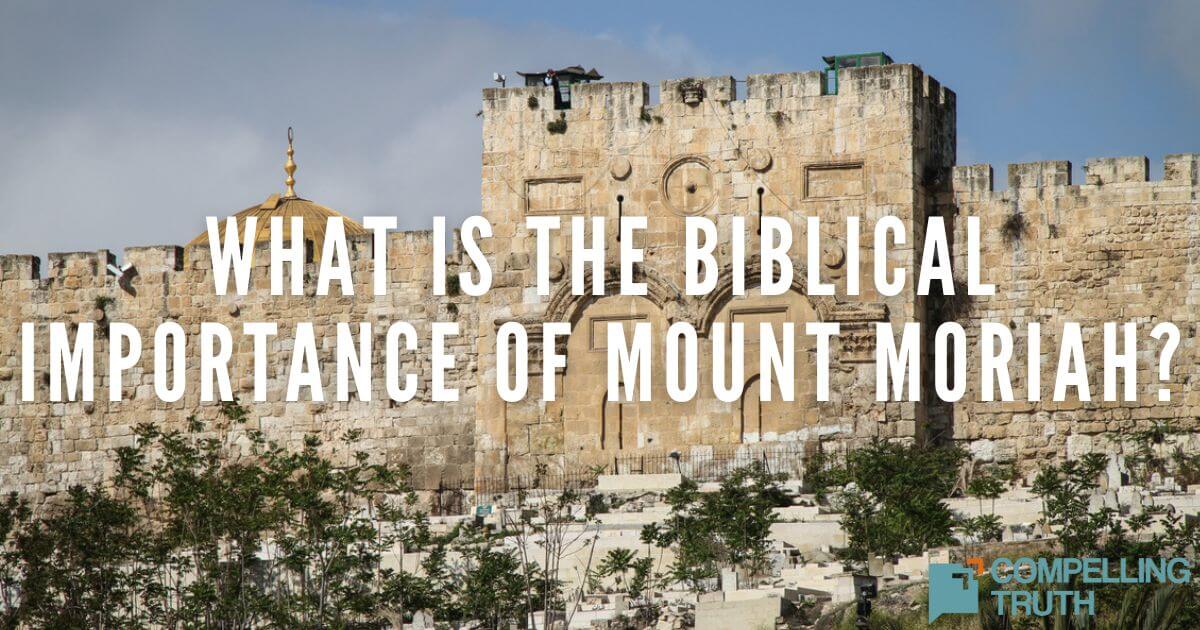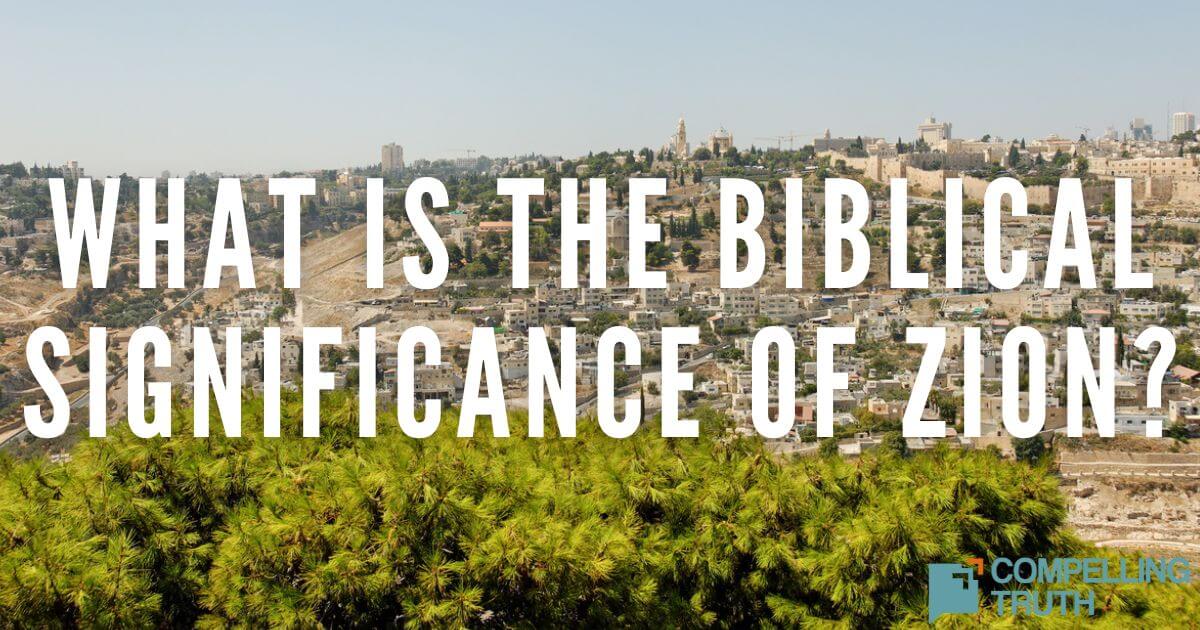what does the bible say?
Mount Ebal and Mount Gerizim, located in central Israel, form the Valley of Shechem, a site of significant biblical events where the Israelites renewed their covenant with God. The Israelites were instructed to pronounce blessings for obedience on Gerizim and curses for disobedience on Ebal, with the valley amplifying their responses, as detailed in Deuteronomy and Joshua. This imagery highlights the importance of living in accordance with God's law, symbolizing how obedience leads to a fulfilling life (Gerizim's fertility) and disobedience leads to a barren existence (Ebal's barrenness). The historical significance, visual contrast, and acoustic amplification made Mount Ebal and Mount Gerizim and the valley between them a powerful place for Israel to renew its commitment to the Lord and His law before entering the Promised Land just as God commanded.




